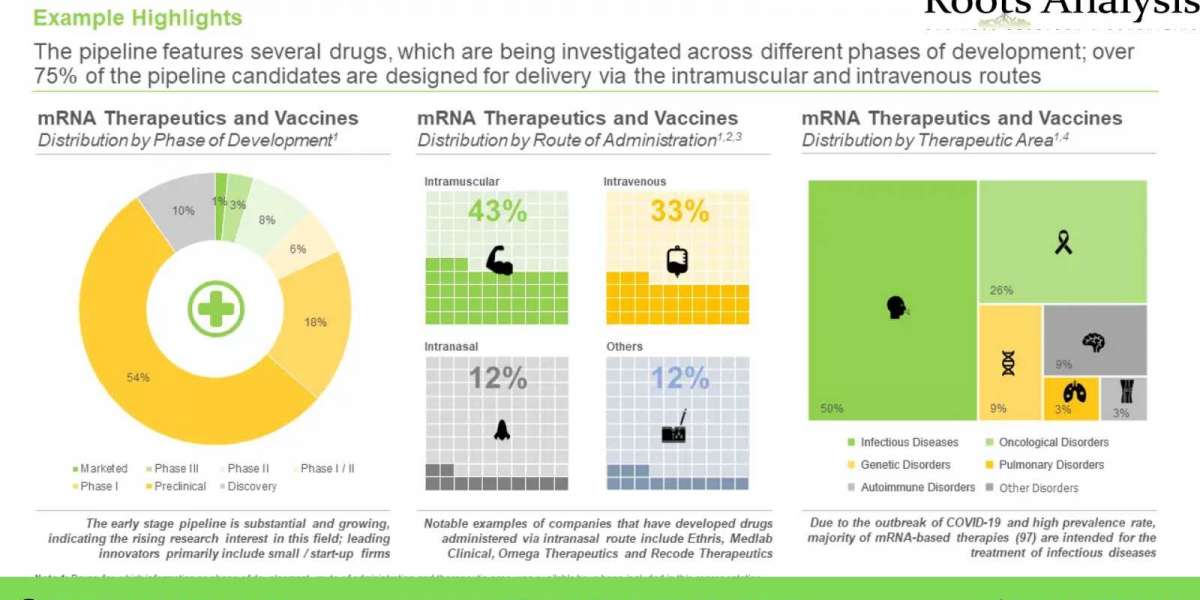Ethical vegan eating goes beyond mere dietary choice; it embodies a philosophy of compassion, sustainability, and respect for all living beings. By opting for a plant-based diet, ethical vegans aim to minimize harm to animals, protect the environment, and promote a more just and equitable food system. Understanding the principles and practices of ethical vegan eating is key to embracing this lifestyle and its positive impact on both individuals and the planet.
At its core, ethical vegan eating is rooted in the belief that all animals have inherent value and deserve to be treated with kindness and respect. Ethical vegans reject the exploitation and commodification of animals for food, clothing, entertainment, or any other purpose. Instead, they choose to nourish their bodies with plant-based foods that are free from animal ingredients and derived from sustainable and cruelty-free sources.
Moreover, ethical vegan eating extends beyond the plate to encompass broader considerations of environmental sustainability and social justice. The production of animal products, such as meat, dairy, and eggs, is a leading driver of deforestation, habitat destruction, water pollution, and greenhouse gas emissions. By opting for plant-based foods, ethical vegans reduce their environmental footprint and minimize their contribution to these harmful practices.
Furthermore, ethical vegan eating aligns with principles of social justice and equity by addressing issues of food access, resource allocation, and global hunger. Animal agriculture is an inefficient use of resources, requiring vast amounts of land, water, and feed to produce relatively small amounts of food. By shifting towards plant-based diets, resources can be redirected towards feeding people rather than feeding animals, helping to alleviate hunger and food insecurity around the world.
Despite the myriad benefits of ethical vegan eating, it's essential to recognize that adopting this lifestyle is not without its challenges. For many people, making the transition to a plant-based diet requires overcoming cultural, social, and practical barriers, such as family traditions, social gatherings, and food accessibility. Additionally, navigating the complexities of ethical consumption in a globalized food system can be daunting, as many products contain hidden animal ingredients or are produced under exploitative labor conditions.
However, with determination, education, and support, it is possible to embrace ethical vegan eating and reap its rewards for both individuals and the planet. There is a growing abundance of plant-based foods, recipes, and resources available to help individuals make the transition to a vegan lifestyle. Moreover, by joining communities and networks of like-minded individuals, ethical vegans can find support, inspiration, and solidarity in their journey towards compassionate living.
In conclusion, ethical vegan eating is more than just a diet; it is a way of life guided by principles of compassion, sustainability, and social justice. By choosing plant-based foods, ethical vegans contribute to a more humane, equitable, and sustainable food system that respects the rights and dignity of all living beings. Embracing ethical vegan eating is not only a personal choice but also a powerful statement of solidarity with animals, the environment, and future generations.



